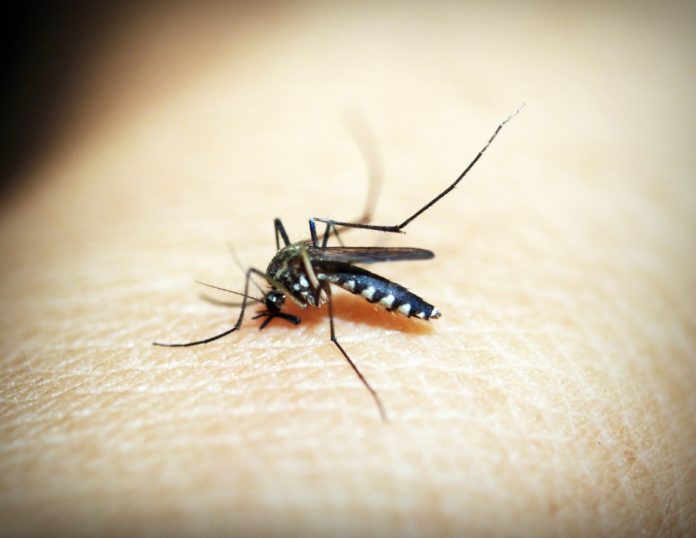The successful tests in animal models paves the way for a malaria vaccine
A Yale-led team of researchers has created a vaccine that protects against malaria infection in mouse models. The tests pave the way for the development of a human vaccine that works by targeting the specific protein that parasites use to evade the immune system.
The study was published by Nature Communications.
Malaria is the second leading cause of infectious disease worldwide, and took more than a half million lives in 2013. To date, no completely effective vaccine exists, and infected individuals only develop partial immunity against disease symptoms. In a prior study, senior author Richard Bucala, M.D. described a unique protein produced by malaria parasites, Plasmodium macrophage migration inhibitory factor (PMIF), which suppresses memory T cells. These are the infection-fighting cells that respond to threats and protect the body against reinfection.
Till May 2018 102351 cases of malaria were reported in India. For 2017 the provisional figure stands at 841665
According to figures available with the National Vector Borne Disease Control Programme, till May 2018 102351 cases of malaria were reported in India. For 2017 the provisional figure stands at 841665. The World Malaria Report 2017 says: “Among 55 countries where the burden of malaria was estimated – from either adjustment of the routine data or the transformation of prevalence to incidence – the proportion of estimated cases reported by surveillance systems was lowest in Gabon (8%) and highest in the Bolivarian Republic of Venezuela (84%). Countries with weak malaria surveillance systems include India and Nigeria, two major contributors to the global burden of malaria, with 8% and 16% of cases, respectively, detected by the surveillance system.” India has the highest malaria burden in the world outside sub-Saharan Africa. Nigeria, Democratic Republic of the Congo, Burkina Faso and India accounted for 58% of all malaria deaths globally.
In the new study, Bucala and his co-authors collaborated with Novartis Vaccines, Inc. to test an RNA-based vaccine designed to target PMIF. First, using a strain of the malaria parasite with PMIF genetically deleted, they observed that mice infected with that strain developed memory T cells and showed stronger anti-parasite immunity.
Next, the research team used two mouse models of malaria to test the effectiveness of a vaccine using PMIF. One model had early-stage liver infection from parasites carried by mosquitos, and the other, a severe, late-stage blood infection. In both models, the vaccine protected against reinfection. As a final test, the researchers transferred memory T cells from the immunized mice to “naïve” mice never exposed to malaria. Those mice were also protected.
The research shows, first, that PMIF is critical to the completion of the parasite life cycle because it ensures transmission to new hosts, said the scientists, noting it also demonstrates the effectiveness of the anti-PMIF vaccine.
“If you vaccinate with this specific protein used by the malaria parasite to evade an immune response, you can elicit protection against re-infection,” said Bucala. “To our knowledge, this has never been shown using a single antigen in fulminant blood-stage infection.”
The next step for the research team is to develop a vaccine for individuals who have never had malaria, primarily young children.
“The vaccine would be used in children so that they would already have an immune response to this particular malaria product, and when they became infected with malaria, they would have a normal T cell response, clear the parasite, and be protected from future infection,” he said.



[…] View Full Article […]